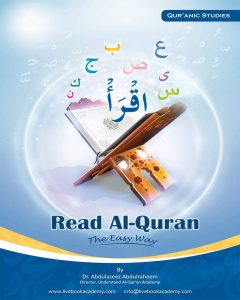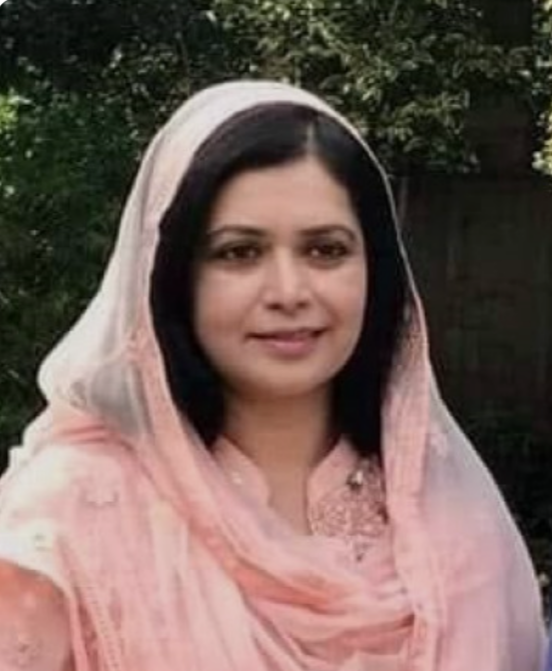Ramadan Daily Dose: The Qur’an and Your Child’s Academic Studies
Day 18
By Shofi Ahmed
Surah Fathiha: Encouraging Critical Thinking in Academia

Let’s examine further examples of practical critical thinking in an academic environment that we can learn from studying Surah Fathiha. It encourages believers to engage in critical thinking and introspection. The Surah opens with the verse “Alhamdulillahi Rabbil Aalameen,” which means “All praise is due to Allah SWT, the Lord of the worlds.” This expression serves as a reminder to contemplate the favours of Allah SWT and to utilise critical thinking to comprehend the meaning and purpose of life.
Critical thinking and reflection are essential skills in the academic world and beyond. Surah Fathiha’s emphasis on these skills encourages believers to think deeply and critically about the world around them, including their academic pursuits. The phrase “Alhamdulillahi Rabbil Aalameen” acknowledges Allah SWT as the Creator and Sustainer of the universe, and encourages reflection on the blessings and wonders of the natural world.
By practising critical thinking and reflection, believers can develop a deeper understanding of themselves, their academic work, and their place in the world. They can also gain a greater appreciation for the interconnectedness of all things and the need for balance and harmony in all aspects of life. Surah Fathiha’s call to critical thinking and reflection serves as a powerful reminder of the importance of developing these skills in the pursuit of knowledge and personal growth.
The phrase “Alhamdulillahi Rabbil Aalameen” can inspire students in academic studies to appreciate the wonders of the natural world and the intricacy of Allah SWT’s creation in a positive way. This is important because there is always more to learn, and it is wise to approach learning with a positive mindset. By reflecting on the complexity of life and the countless interconnected systems that sustain it, students can recognize the blessings that come with having a deep understanding of the natural world. This reflection can help them develop a sense of awe and gratitude towards Allah SWT, and motivate them to pursue their academic studies with a deeper sense of purpose and meaning.
For example, imagine a student is studying biology and comes across the concept of natural selection. Instead of simply memorising the definition and moving on, the student can apply critical thinking and reflection to gain a deeper understanding. They may reflect on the diversity of species in the natural world and how they have evolved over time, and question how natural selection plays a role in shaping this diversity. They may also consider how the concept of natural selection can be applied to other fields, such as economics or politics.





